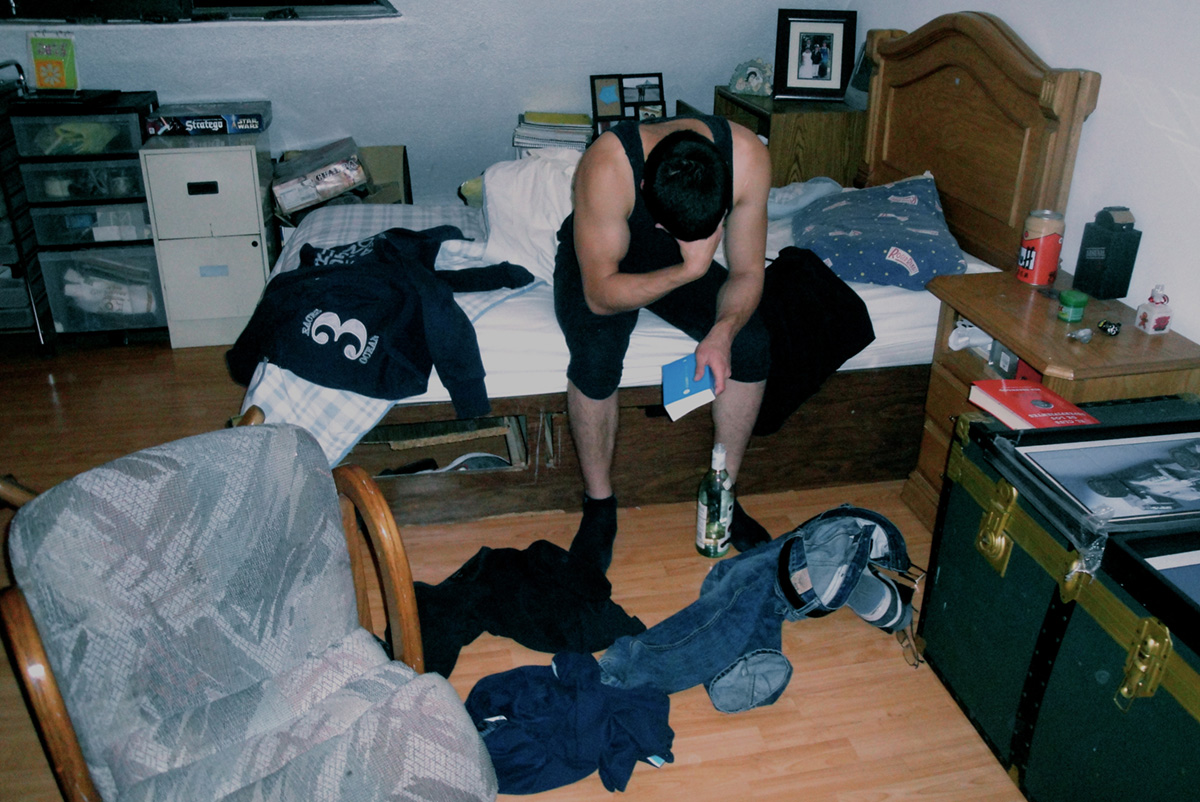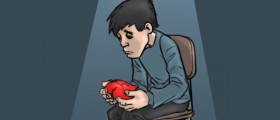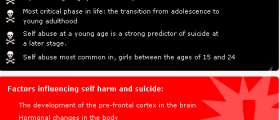
Once considered a strictly female disease, modern day men are, over six millions of them, also acceptable to this state. But misconception that the depression is a “female disease”, keep men who are depressed clinically, not to recognize it in themselves. Once men are depressed, that state prevents them to function normally on daily basis, both at work and in home. While the symptoms with both sexes are the same, same manifestations of this mental state is different in men and women. In men, symptoms vary from low self-esteem, lost of interest, fatigue, all trough thoughts of suicide.
There are various reasons for not recognizing men’s depression on time, both private (men are more inclined to self denial), and cultural (the notion that men in our society today should always be strong no matter what). Lack of typical depression symptoms like crying or sadness, can be deceiving, both for doctors and relatives. That leaves a lot of men with this state untreated in time, and the consequences of prolonged depression can be divested, resulting in suicide (up to 80% of suicides in U.S. are men).
Most common reasons for men finding hard to accept depression in them:
-various cultural norms (it is not appropriate to show emotions, when you are man, etc.)-expectation to be successful at all times-stigmas, that it is not manly or strong to have it, etc.
Depression in men is also proved to affect sexual desire and performance. While depression can affect sexual desire, some antidepressants, like SSRIs can do the same. Men tend to confuse the real reason for their sexual problems, do not like to talk about it, and think that is related to their manhood instead to depression.
Target populations of men more acceptable to depression are, among others, older men (loss or work or stop of working due pension and feeling not useful any more, income problems, or low self-esteem), and men dealing with grief, or psychical pain (suppressing it for prolonged period of time).
There are various ways to deal with depression, once it is finally established as state in men. It can be treated with psychotherapy, antidepressant medications, or combination of both.
National Institute of mental Health has issued some guidelines for men who are uncertain where and how to get help.You should try with your family doctor, social agencies, community and family mental health services, private clinics and facilities, etc.

















Your thoughts on this
Loading...